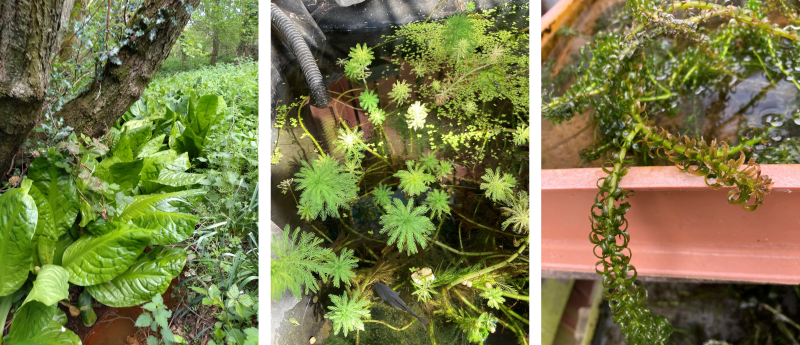Invasive non-native species (INNS) are a large and growing biosecurity threat to Great Britain, driven by increasing trade and movement of people. There are already 2,000 non-native species (NNS) established in GB, about 200 of which are invasive, and around 12 new NNS establish in GB each year. The key to tackling this growing threat is preventing the arrival and establishment of yet more NNS but we are currently failing to do this. Without greater controls and education the situation will continue to deteriorate, with an estimated 30-50 INNS expected to become established in the next 20 years unless stronger measures are taken to prevent this.
The 2019 Environmental Audit Committee (EAC) inquiry into invasive species concluded that two key reasons for this lack of success were low resourcing and the lack of an inspectorate dealing specifically with non-native species. Highly successful inspectorates already exist covering other areas, for example reducing the risk of destructive pests and diseases affecting plants and animals entering GB and causing environmental and economic damage, so a decision was made to investigate whether a Non-native Species Inspectorate would be an effective addition to these existing inspectorates.
Establishing the Inspectorate
Following on from the EAC report, a six-month desk study was carried out to scope the potential roles, responsibilities and functioning of an NNS inspectorate and in 2021 established a small pilot of four staff to tease out the practicalities of how an inspectorate would function in practice. This was expanded to an inspectorate of eight staff in spring 2022, and eleven staff in spring 2023.
The inspectorate aims to ensure that existing legislation (for example on the keeping of Species of Special Concern) is better understood by stakeholders and better enforced where necessary. It also aims to collect data so that certain risks such as invertebrates arriving from mainland Europe via contaminated water in leisure craft or angling equipment is better quantified and understood. This will help to target resources more effectively. Education of stakeholders is seen as a highly effective way of reducing the risk of spreading INNS and the inspectorate works closely with a range of organisations including British Canoeing, the Angling Trust, RSPCA, the Royal Yachting Association, and The British and Irish Association of Zoos and Aquaria (BIAZA). It also has a lot of contact with animal rescue centres, owners of exotic pets, and individual anglers and boaters at events around the country.
Going forward
A significant part of the Inspectors’ time will be spent carrying out inspections in the field at a range of events and premises including trade fairs, angling and boating events, pet shops, animal rescue centres, garden centres etc.
Contact the Inspectorate (external link).

Examples of invasive non-native species encountered by the inspectorate, L-R Lysichiton americanus (American skunk cabbage), Myriophyllum aquaticum (parrot’s feather), and Lagarosiphon major (curly waterweed). Images Sherry Parrott.
